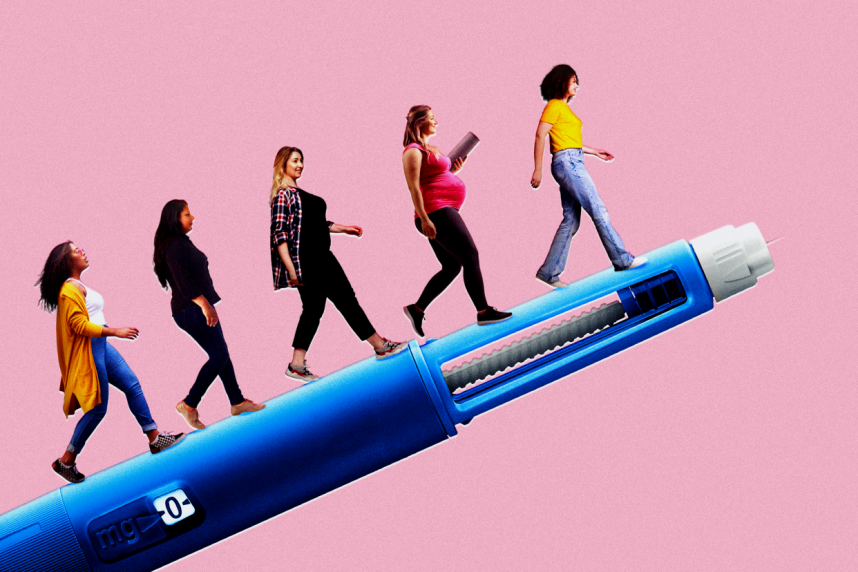
Bariatric surgeries led to about five times more weight loss than weekly injections of popular GLP-1 drugs in patients with severe obesity, according to data from a real-world comparison study presented on Tuesday at the American Society for Metabolic and Bariatric Surgery scientific meeting in Washington.
“Clinical trials show weight loss between 15% and 21% for GLP-1s, but this study suggests that weight loss in the real world is considerably lower, even for patients who have active prescriptions for an entire year," study leader Dr. Avery Brown of NYU Langone Health said in a statement.
Researchers reviewed records of 38,545 patients who were prescribed injectable semaglutide or tirzepatide between 2018 and 2024, as well as 12,540 patients who underwent bariatric surgery during the same period.
Everyone started the study with a body mass index of at least 35, which is considered severe obesity.
- Semaglutide is the main ingredient in Novo Nordisk's Wegovy and Ozempic, while
- tirzepatide is the main ingredient in Eli Lilly's Zepbound and Mounjaro.
At three years after undergoing sleeve gastrectomy or gastric bypass or starting the drugs, patients who underwent surgery had lost on average 24% of their starting weight, compared to about 5% for similar patients who used the drugs for at least six months and about 7% for those who took them for a year. Brown noted that as many as 70% of GLP-1 patients may discontinue treatment within one year.
“While both patient groups lose weight, metabolic and bariatric surgery is much more effective and durable,” ASMBS President Dr. Ann M. Rogers, who was not involved in the study, said in a statement. “Those who get insufficient weight loss with GLP-1s or have challenges complying with treatment due to side effects or costs should consider bariatric surgery as an option, or even in combination,” she said.